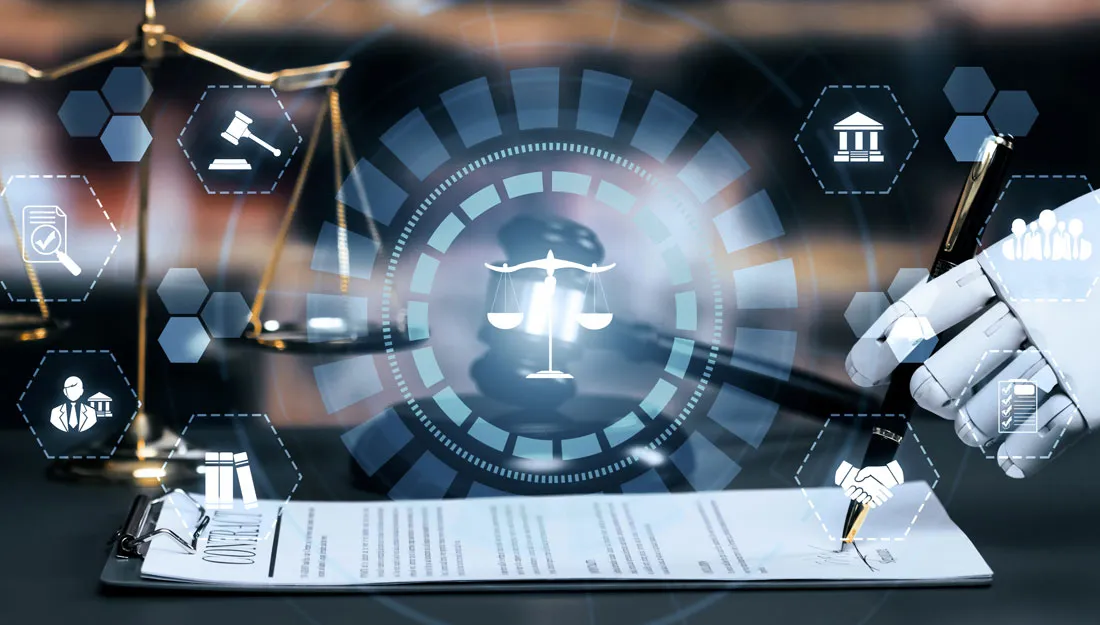Education
AI Government Regulations in the USA: A Comprehensive Overview

Artificial Intelligence (AI) is transforming industries, economies, and daily life at an unprecedented pace. As AI becomes more integrated into society, the need for robust government regulations grows. In the United States, policymakers are actively working to establish frameworks that balance innovation with ethical considerations, security, and accountability.
This article explores the current state of AI government regulations in the USA, key legislative efforts, challenges, and future outlook.
Current State of AI Regulations in the USA
Unlike the European Union, which has introduced the AI Act to regulate AI systems based on risk levels, the U.S. has taken a more sector-specific approach. Federal and state governments are implementing guidelines rather than sweeping legislation.
Key Federal Initiatives
- Executive Order on AI (2023)
- In October 2023, President Biden signed an Executive Order on Safe, Secure, and Trustworthy AI, focusing on:
- Safety & Security: Requiring AI developers to share safety test results with the government.
- Privacy Protection: Strengthening data privacy laws to prevent AI misuse.
- Equity & Civil Rights: Preventing AI-driven discrimination in hiring, housing, and law enforcement.
- Workforce Impact: Supporting workers displaced by AI automation.
- In October 2023, President Biden signed an Executive Order on Safe, Secure, and Trustworthy AI, focusing on:
- National Institute of Standards and Technology (NIST) AI Framework
- NIST released the AI Risk Management Framework (RMF) to help organizations manage AI risks responsibly.
- AI in Healthcare & Finance
- The FDA regulates AI-powered medical devices.
- The SEC and CFTC monitor AI use in financial markets to prevent fraud and market manipulation.
State-Level AI Regulations
Several states have introduced their own AI laws:
- California: Proposed bills to ban AI-powered discrimination in hiring and housing.
- Illinois: Enacted the AI Video Interview Act, requiring consent for AI analysis in job interviews.
- New York City: Local Law 144 mandates bias audits for AI hiring tools.
Challenges in Regulating AI
- Rapid Technological Advancements – Laws struggle to keep up with AI’s fast evolution.
- Balancing Innovation & Control – Over-regulation could stifle U.S. competitiveness against China and the EU.
- Enforcement Difficulties – AI systems are complex, making compliance hard to monitor.
- Global Coordination – AI is borderless, requiring international cooperation for effective governance.
Future of AI Regulations in the USA
The U.S. is likely to adopt a hybrid approach:
- Sector-specific laws (e.g., healthcare, finance, defense).
- Public-private partnerships to set ethical AI standards.
- Stronger international collaboration on AI governance.
Congress is also considering broader AI legislation, such as the Algorithmic Accountability Act, which would require companies to assess AI systems for bias and harm.
Conclusion
AI regulation in the USA is still evolving, with a focus on risk management rather than restrictive laws. As AI continues to advance, policymakers must strike a balance between fostering innovation and protecting public interests. The coming years will be crucial in shaping a regulatory framework that ensures AI benefits society while minimizing risks.
Would you like a deeper dive into any specific aspect of AI regulations? Let me know how I can refine this further!




